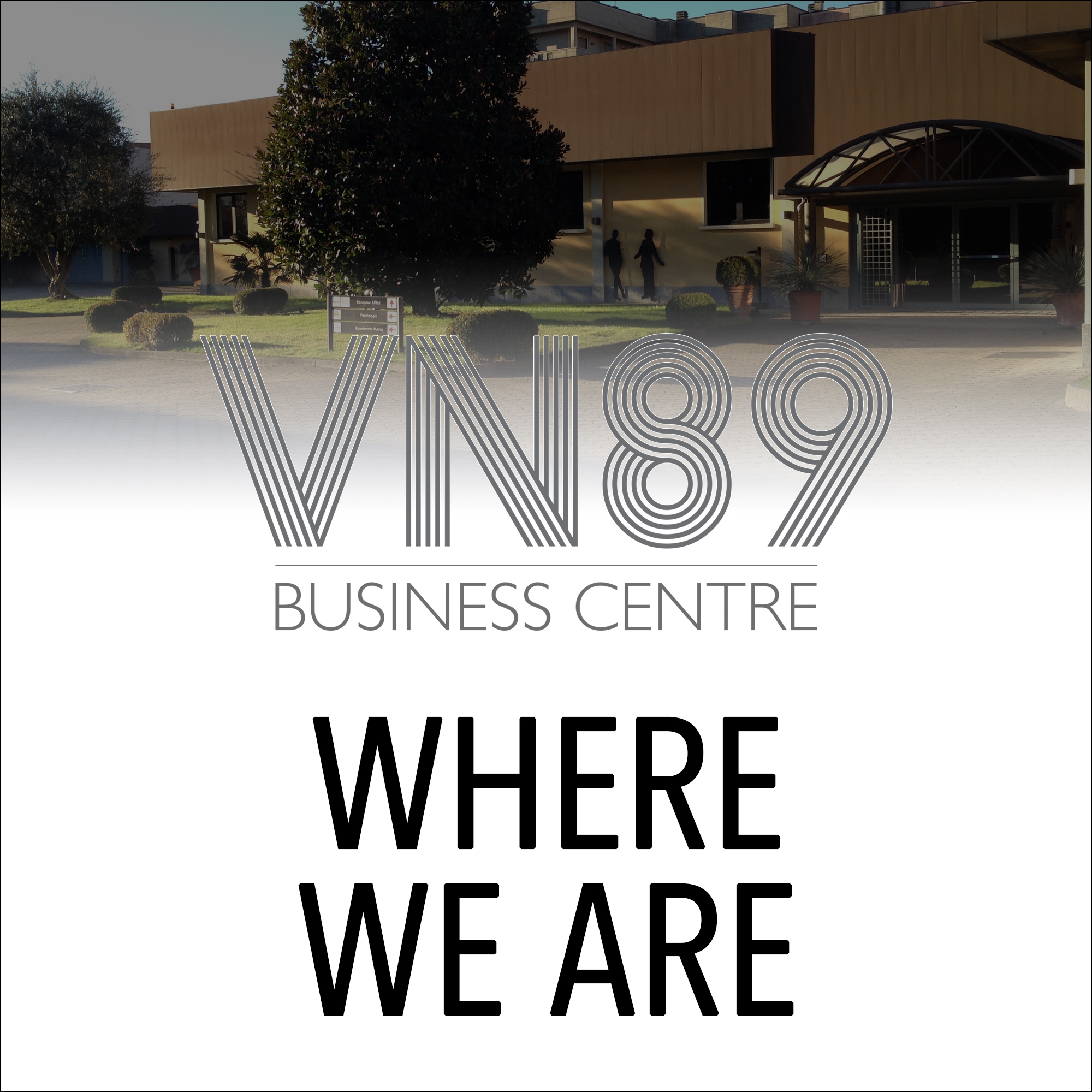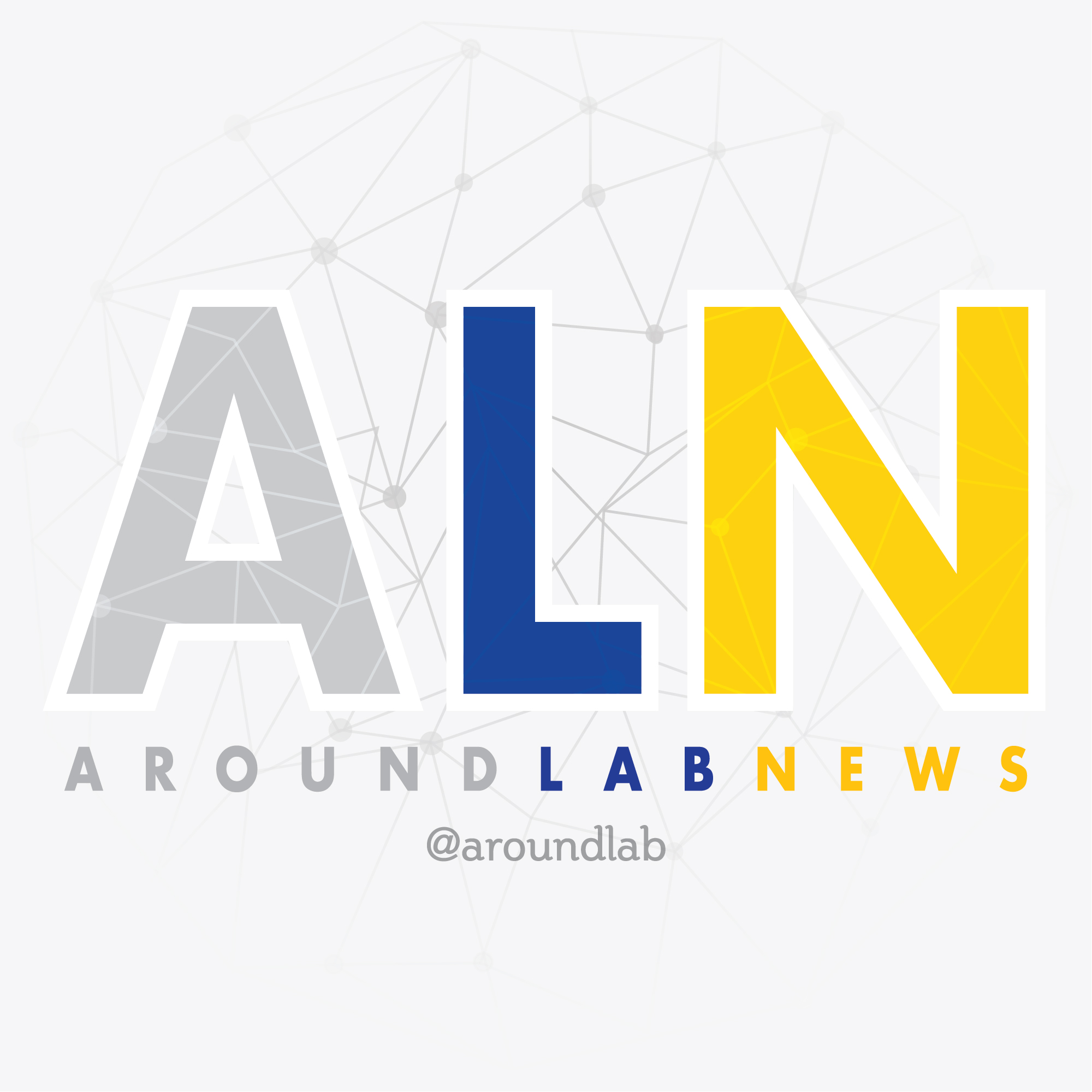The microbiome explored: recent insights and future challenges
Nature Reviews Microbiology 11, 213-217 (March 2013) | doi:10.1038/nrmicro2973
Martin Blaser1, Peer Bork2, Claire Fraser3, Rob Knight4 & Jun Wang5
One of the most exciting scientific advances in recent years has been the realization that commensal microorganisms are not simple ‘passengers’ in our bodies, but instead have key roles in our physiology, including our immune responses and metabolism, as well as in disease. These insights have been obtained, in part, through the work of large-scale, consortium-driven metagenomic projects. Here, five experts in the field of microbiome research discuss the most surprising and exciting new findings, and outline the future steps that will be necessary to elucidate the numerous roles of the microbiota in human health and disease and to develop viable therapeutic strategies.
Author affiliations
- Martin Blaser is at the Department of Medicine and the Department of Microbiology, New York University Langone Medical Center, New York, New York 10016, USA.
Email: Martin.Blaser@med.nyu.edu - Peer Bork is at the European Molecular Biology Laboratory (EMBL), Meyerhofstrasse 1, 69117 Heidelberg, Germany.
Email: bork@embl.de - Claire Fraser is at the Institute for Genome Sciences, the Department of Medicine and the Department of Microbiology and Immunology, University of Maryland School of Medicine, Baltimore, Maryland 21201, USA.
Email: cmfraser@som.umaryland.edu - Rob Knight is at the Department of Chemistry and Biochemistry, University of Colorado at Boulder, Boulder, Colorado 80309, USA, and the Howard Hughes Medical Institute, Boulder, Colorado 80309, USA.
Email: Rob.Knight@Colorado.EDU - Jun Wang is at the BGI, Beishan Industrial Zone, Yantian District, Shenzhen 518083, China.
Email: wangj@genomics.org.cn
Published online 4 February 2013

















